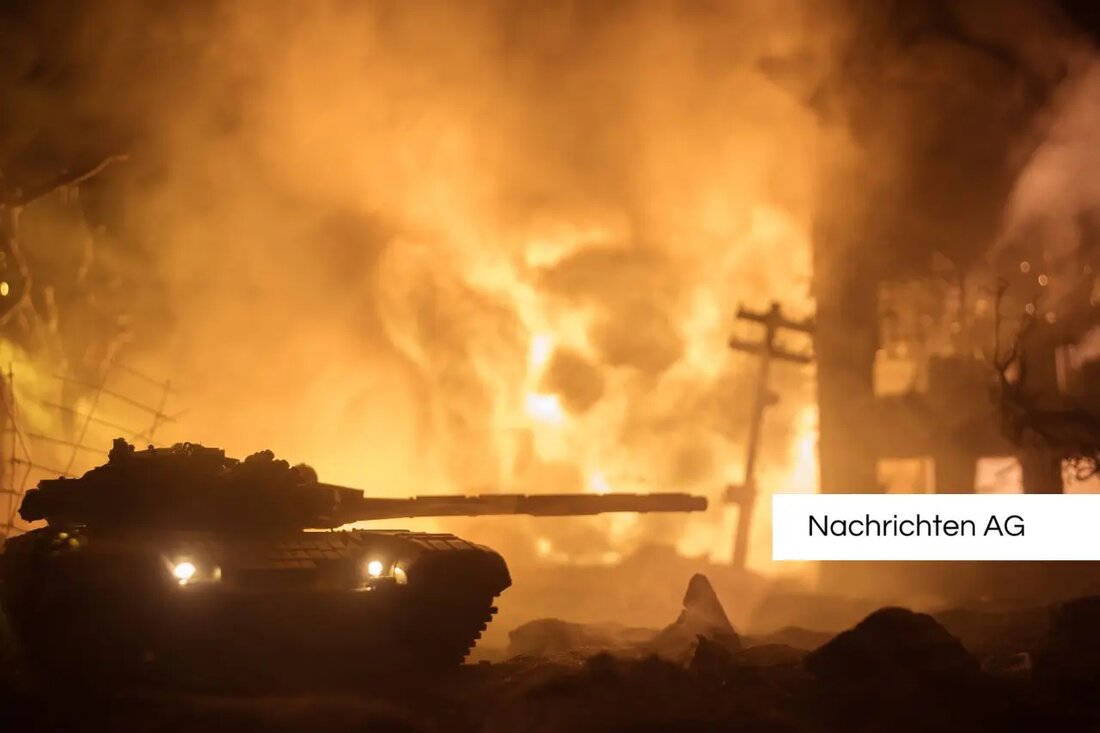Trump and Putin: Hope for peace in the Ukraine conflict!
Trump and Putin: Hope for peace in the Ukraine conflict!
The Ukraine conflict receives new driving momentum through the announced phone call between US President Donald Trump and the Russian head of state Vladimir Putin. According to Radio Ennepe Ruhr the conversation will take place on Tuesday morning (local time Washington). Trump announced that some essential building blocks of a peace solution in the Ukraine war were already developed, and was optimistic about the conversation.
Despite Trump's optimism, the Ukrainian government is increasingly calling for pressure on Putin, which intentionally extends the war. Putin recently explained that he does not meet the conditions for an ceasefire, in particular the demand that Ukraine should not be a NATO member. As ZDF reported, Putin did not react to current peace suggestions with an open statement, but in a military staging in front of Russian troops, which underlines its hard line.
position of Ukraine
The Ukrainian leadership is concerned that Trump could enforce an unfavorable peace regulation. President Wolodymyr Selenskyj has again agreed to form a ceasefire, but on the condition that Russia does not make any previous claims. This happened in a conversation with France President Emmanuel Macron, who emphasized that Russia had to prove that it wanted to peace. This position is underpinned by the support of the USA and European partners. The EU summit is planning to discuss the defense of Ukraine and ensure long-term security architectures in Europe.
Trump's special -sentenced Steve Witkoff most recently scored Putin in Moscow to talk about a possible ceasefire. However, the Kremlin, as part of its current economic and military strategy, rejects the concessions striven for by Ukraine. Instead, Putin calls for the recognition of the annexed areas and a waiver of Ukraine to join NATO. Military bloggers within Russia are already preparing the resistance to a possible ceasefire, which could influence the reaction of the Kremlin, reports Tagesschau .
The geopolitical dimension
The geopolitical tensions are nourishing by the conviction of Russia that it has no immediate interest in the end of the war. According to the foreign policy consultant Juri Uschakow, permanent agreements in the sense of Putin's long -term goals are necessary. This could include the "denazification" of Ukraine, as well as the annexation of the controversial areas. Russia has adapted its society to war economy, but a sudden peace could lead to considerable economic difficulties.
In the background of these political machinations, there are further developments, such as the planned EU summit on March 6, to clarify military support and financial aid for Ukraine. However, disagreement within the EU could influence the strength ratio in the negotiations and thus endanger the positionality of Ukraine.
The situation remains tense, while the talks between the United States and Russia are continued. The outcome of the negotiations could be decisive for future stability in the region and have a lasting impact on the continuing conflict.
| Details | |
|---|---|
| Quellen | |


Kommentare (0)